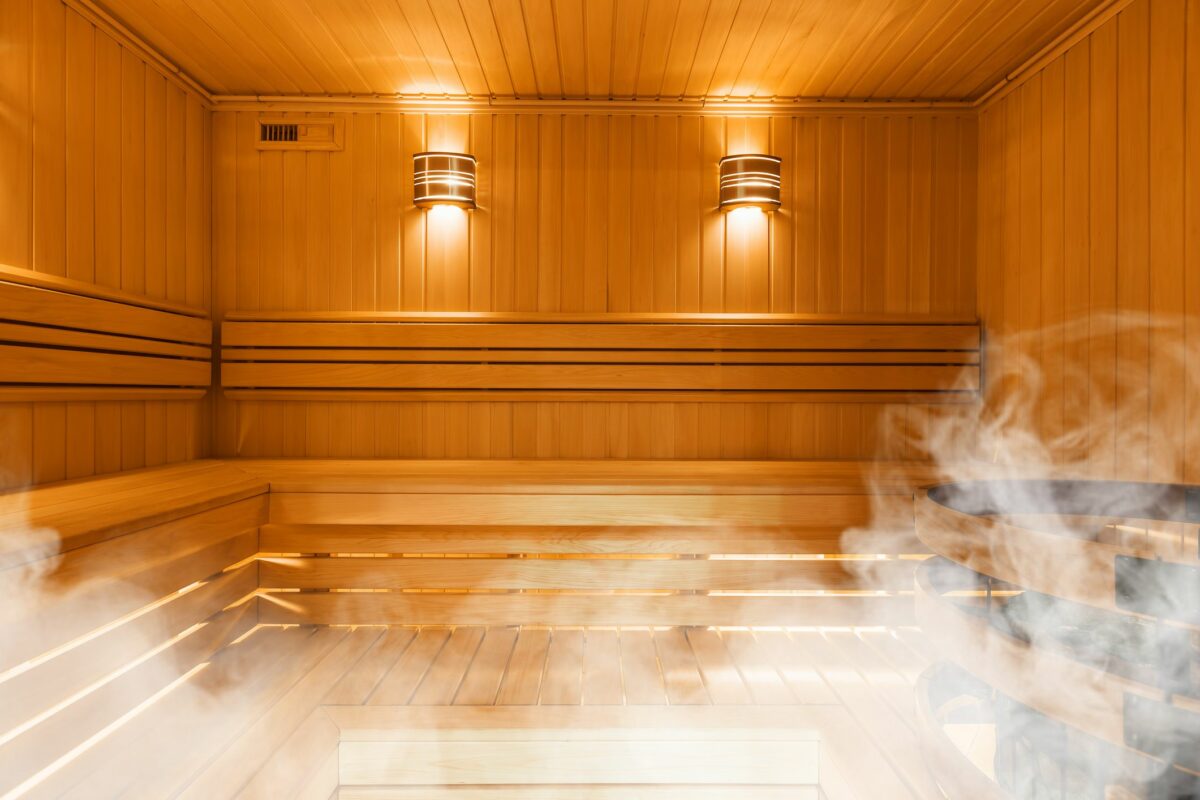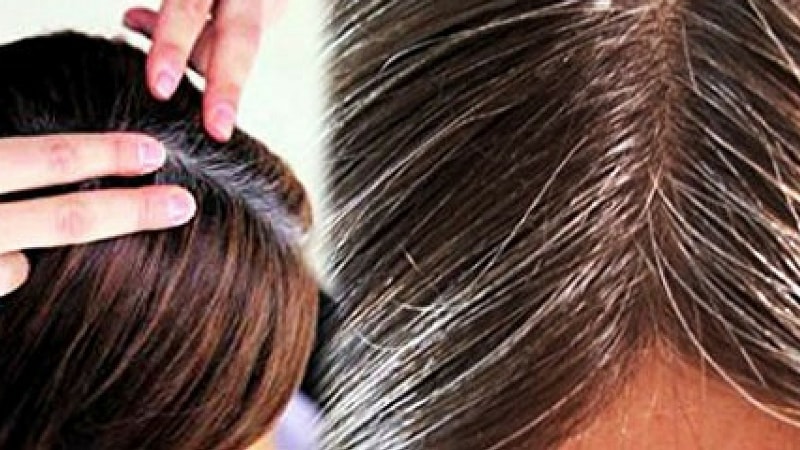Snoring is a common problem that affects many people, causing sleep disturbances and health issues. It can be frustrating for both the snorer and their partner, leading to arguments and strain on relationships. While there are medical treatments available for snoring, such as surgery or continuous positive airway pressure (CPAP) machines, these options can be expensive and often uncomfortable.
However, there are several home remedies that you can try to deal with snoring before turning to medical intervention. These remedies range from simple lifestyle changes to natural remedies that have been used for centuries. In this article, we will discuss some of the most effective home remedies for snoring so that you can finally get a good night’s sleep without any disturbance.
Snoring and its effects
Snoring is a common sleep disorder that affects millions of people around the world. It occurs when the airway becomes partially blocked, causing vibrations in the throat tissues that produce a loud, hoarse sound. While snoring may seem harmless at first, it can have several negative effects on both the snorer and their partner.
One of the most significant consequences of snoring is disrupted sleep. Snorers often experience frequent awakenings throughout the night, leading to daytime fatigue, irritability, and difficulty concentrating. This can also affect their partner’s sleep quality, resulting in similar symptoms.
In addition to poor sleep quality, snoring has been linked to several health problems such as high blood pressure, heart disease, stroke, and type 2 diabetes. It can also worsen existing conditions like asthma or chronic obstructive pulmonary disease (COPD). Therefore it is essential to address snoring issues promptly before they manifest into more severe health problems.
Causes of snoring:
One of the primary causes of snoring is obesity. When a person gains weight, the excess fat around their neck can put pressure on their airway, leading to snoring. Additionally, alcohol consumption and smoking can contribute to this issue as well. Alcohol relaxes the muscles in the throat, leading to an obstructed airway and increased snoring.
Another common cause of snoring is sleep position. If a person sleeps on their back, gravity can pull their tongue and soft palate towards the back of their throat, narrowing the airway and causing vibrations that produce sound. This issue can often be remedied by changing sleep positions or using pillows to elevate the head.
In some cases, snoring may also be caused by underlying medical conditions such as allergies or sleep apnea. Allergies can cause nasal congestion which makes breathing difficult while sleeping leading to loud snores while Sleep apnea is characterized by pauses in breathing during sleep which causes loud snorts or gasps when breathing resumes. It is important for individuals who experience chronic or severe snoring to consult with a medical professional for proper diagnosis and treatment options.
Also Read: WELLHEALTHORGANIC.COM:FACIAL-FITNESS-ANTI-AGING-FACIAL-EXERCISES-TO-LOOK-YOUNGER-EVERY-DAY
Weight, sleep position, alcohol intake
Weight, sleep position, and alcohol intake are all factors that can contribute to snoring. Being overweight can cause excess fat to accumulate in the throat, narrowing the airway and making it more difficult to breathe while sleeping. Sleeping on one’s back can also increase the likelihood of snoring as gravity pulls the tongue and soft tissues towards the back of the throat. This creates a partial blockage, leading to vibrations and snoring sounds.
Alcohol is a muscle relaxant that can further exacerbate snoring by relaxing the muscles in your throat even more than usual. This increases airway resistance, causing breathing difficulties which result in snoring sounds. Reducing or avoiding alcohol intake before bed may help lessen or eliminate this effect.
In conclusion, lifestyle factors such as weight management, sleep position changes and reducing alcohol intake can be effective home remedies for those who suffer from habitual snoring issues. However, if these measures do not provide relief or if there are underlying medical conditions present causing chronic snoring issues then it would be recommended to consult with a healthcare provider for further evaluation and treatment options.
Home remedies for snoring:
1. Change your sleeping position: Sleeping on your back can make snoring worse, so try sleeping on your side instead. You could also elevate the head of your bed by a few inches to help reduce snoring.
2. Stay hydrated: Dehydration can make snoring worse, so be sure to drink plenty of water throughout the day to keep your nasal passages moist.
3. Use essential oils: Some essential oils such as eucalyptus and peppermint oil have anti-inflammatory properties that can help reduce swelling in the nasal passages and ease breathing. You could add a few drops of these oils to a diffuser or inhale them directly from a bottle before bedtime.
4. Practice good sleep hygiene: Getting enough sleep each night and establishing a regular sleep routine can help reduce snoring by promoting healthy muscle tone in the throat and reducing stress levels.
5. Lose weight: Excess body weight can put pressure on the airways, making it harder to breathe and increasing the likelihood of snoring. Losing weight through diet and exercise can help reduce this pressure and improve breathing during sleep.
6. Try nasal strips or sprays: Nasal strips or sprays that contain decongestants may help open up your nasal passages, making it easier to breathe during sleep and reducing snoring.
7. Avoid alcohol before bed: Alcohol relaxes the muscles in the throat, which can increase snoring frequency and intensity.
Change sleep position, humidifier, throat exercises
Changing sleep position, using a humidifier, and practicing throat exercises are three home remedies that can help reduce snoring. Sleeping on the back can cause the tongue and soft palate to collapse to the back of the throat, leading to snoring. Switching to sleeping on the side or stomach can open up airways and reduce snoring.
A humidifier adds moisture to the air which can help reduce congestion in the nose and throat, making it easier to breathe while sleeping. This can be especially helpful for those who snore due to allergies or a dry environment. Additionally, practicing throat exercises such as singing or blowing up balloons can strengthen muscles in the mouth and throat, reducing snoring.
While these home remedies may not completely eliminate snoring for everyone, they are worth trying before resorting to medical interventions such as surgery or CPAP machines. It is important to consult with a healthcare professional if snoring persists or is accompanied by other symptoms such as pauses in breathing during sleep or excessive daytime fatigue.
Also Read: WELLHEALTHORGANIC.COM:AMAZING-BEAUTY-TIPS-OF-ICE-CUBE-WILL-MAKE-YOU-BEAUTIFUL-AND-YOUNG
Lifestyle changes to reduce snoring:
One of the main lifestyle changes recommended to reduce snoring is weight loss. Being overweight can cause excess fatty tissue in the neck and throat area, leading to blockages in the airways and making it difficult to breathe during sleep. Losing weight through a healthy diet and regular exercise can help reduce or eliminate snoring.
Another lifestyle change that may help reduce snoring is establishing a regular sleep schedule. Going to bed at the same time each night and getting enough sleep can help prevent exhaustion, which is another common cause of snoring. Additionally, reducing alcohol consumption and avoiding sedatives before bedtime can also help alleviate snoring as they relax the muscles in your throat, causing them to collapse more easily.
Lastly, changing your sleeping position may also be beneficial in reducing snoring. Sleeping on your back increases the likelihood of snoring due to gravity pulling down on the throat tissues. Instead, try sleeping on your side or elevating your head with pillows to keep airways open while you rest. By implementing these simple lifestyle changes into your routine, you may find relief from bothersome snoring habits.
Lose weight, quit smoking, avoid alcohol before bed
Losing weight can be a helpful solution in reducing or eliminating snoring. When you gain weight, the tissues in your throat become bulky and make it harder for air to pass through. This can cause snoring. By losing weight, you can reduce the amount of tissue in your throat and improve airflow.
Quitting smoking is another way to decrease snoring. Smoking irritates the lining of your nasal cavity and throat, causing swelling and inflammation which makes it difficult to breathe easily during sleep. Aside from snoring, quitting smoking also has many other health benefits.
Avoiding alcohol before bed is another remedy that can help reduce snoring. Alcohol relaxes the muscles in your body including those that support breathing, making it more likely that you will snore loudly during sleep. It’s best to avoid alcohol at least two hours before bedtime if you’re prone to loud snores at night-time.
Medical interventions for snoring:
1. One of the most common medical interventions for snoring is using a Continuous Positive Airway Pressure (CPAP) machine. This device involves wearing a mask over your nose and/or mouth while you sleep, which delivers pressurized air to keep your airway open. While it can take some time to adjust to sleeping with the mask, many people find that their snoring is significantly reduced when using CPAP.
2. Another medical intervention for snoring is undergoing surgery to remove or reduce excess tissue in the throat or nasal passages. This may involve procedures such as a uvulopalatopharyngoplasty (UPPP), which removes tissue from the back of the throat, or septoplasty/turbinate reduction, which targets issues in the nasal passages. Surgery may be more invasive than other options and require longer recovery times, but can provide significant relief from snoring.
3. For those who have allergies or congestion contributing to their snoring, medications such as antihistamines or nasal sprays may be prescribed by a doctor. These can help reduce inflammation and improve breathing during sleep, leading to less snoring. It’s important to speak with a healthcare professional before starting any new medication or treatment plan for snoring, as they can advise on what will work best for each individual case.
Consult doctor about surgery or devices
If home remedies for snoring do not work, it is important to consult a doctor about surgical options or devices. Surgery may be recommended if the snoring is caused by anatomical issues such as enlarged tonsils or deviated septum. The most common surgical procedures for snoring include uvulopalatopharyngoplasty (UPPP) and radiofrequency ablation (RFA), both of which involve removing excess tissue in the throat.
In addition to surgery, there are also various devices that may be recommended by a doctor. Continuous positive airway pressure (CPAP) machines are often used to treat sleep apnea and can also be effective in reducing snoring. Mandibular advancement devices (MADs) are another option, which work by holding the jaw forward during sleep to keep the airway open. It is important to consult with a doctor before using any devices, as they should be properly fitted and monitored for effectiveness and safety.
Also Read: WELLHEALTHORGANIC.COM:VITAMIN-E-HEALTH-BENEFITS-AND-NUTRITIONAL-SOURCES
Conclusion:
In conclusion, snoring can be a bothersome and disruptive problem for both the snorer and their partner. However, there are several home remedies that one can try to deal with snoring. These remedies are easy to implement and require minimal effort.
Some of the most effective home remedies for snoring include changing sleep positions, avoiding alcohol before bedtime, losing weight if overweight or obese, staying hydrated throughout the day, using nasal strips or dilators, and trying out throat exercises such as singing or playing a wind instrument. It is important to note that not all remedies work for everyone as each person’s body is different. Additionally, if snoring persists despite trying these remedies or is accompanied by other symptoms such as pauses in breathing during sleep or excessive daytime fatigue, it may be indicative of a more serious condition known as sleep apnea and should be evaluated by a medical professional.






















